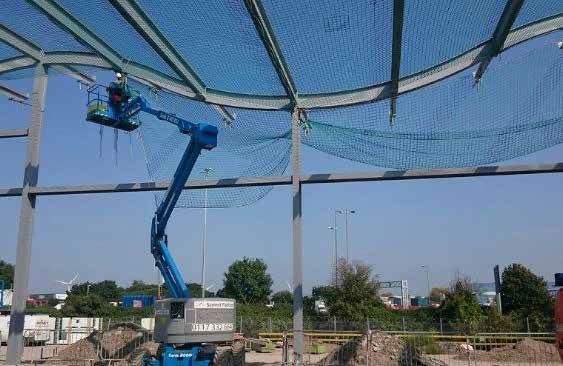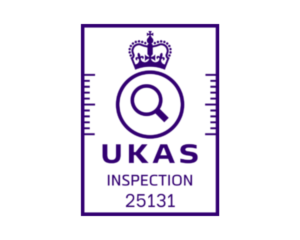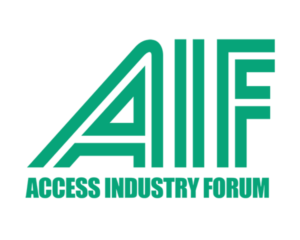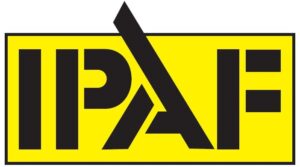The government has announced that from 1st July 2020, the Coronavirus Job Retention Scheme is changing.
The new document is available here: Claim for your employees’ wages through the Coronavirus Job Retention Scheme: a step by step guide for employers
The Office for Budget Responsibility (OBR) estimates that the gross cost of the UK furlough scheme will reach £60bn, down from a previous estimate of £84bn, over the period from March to October 2020.
The scheme has enabled a great many businesses to retain staff that would otherwise have been let go. The furlough scheme has been heavily used by employers in sectors such as hospitality and retail, where many workers receive low pay. But the OBR said that, even taking account of that, employers seemed to have “concentrated their use of the scheme on furloughing employees whose pre-virus jobs involved significantly fewer hours and/or lower hourly pay than the average”.
According to data collected by New Civil Engineer, at least 30,000 UK construction workers at main contractors were collecting reduced pay packets by the middle of May, having either been furloughed or had their wages slashed.
The data was collected from Tier 1 and Tier 2 contractors which had declared cuts. The number across the whole construction industry could be much higher with the Office for National Statistics (ONS) estimating that as many as 32% of the UK’s 2.4M construction workers are potentially on furlough.
Meanwhile, the Cabinet Office has released a new Procurement Policy Note, PPN 04/20 - Recovery and Transition from COVID-19, which extends the relief available to public sector suppliers under PPN 02/20 - Supplier Relief due to COVID-19 until 31 October 2020. PPN 04/20 applies to all contracting authorities, including central Government departments, executive agencies, non-departmental public bodies, local authorities, NHS bodies and the wider public sector, which must ‘continue to pay suppliers as quickly as possible, on receipt of invoices or in accordance with pre-agreed milestone dates, to maintain cash flow and protect jobs’.
The Scottish Government has also issued a new Scottish Procurement Policy Note, SPPN 8/2020 - Recovery and Transition from COVID-19. It will come into effect on 1 July and is supplementary to SPPN 5/2020 - Supplier Relief, which has been extended beyond its initial expiry date of 30 June although the new expiry date is not specified.
The UK construction industry accounts for 9% of UK GDP, 10% of the workforce, and comprises 13% of UK businesses. A quarter of construction industries’ output is in the public sector, with three quarters in the private sector; 60% is focused on new build and 40% on refurbishment and maintenance.
Covid-19 has triggered the largest financial collapse in the UK since Black Monday in 1987 and the deepest global recession in peacetime. Service sector output, manufacturing and construction projects have all slipped into reverse. However, furloughing has been a lifeline for many businesses and employees alike and as government guidelines continue to be relaxed and more companies start to trade again, the construction sector and supply chain, including the safety systems industry, should now start to see the green shoots of recovery.









